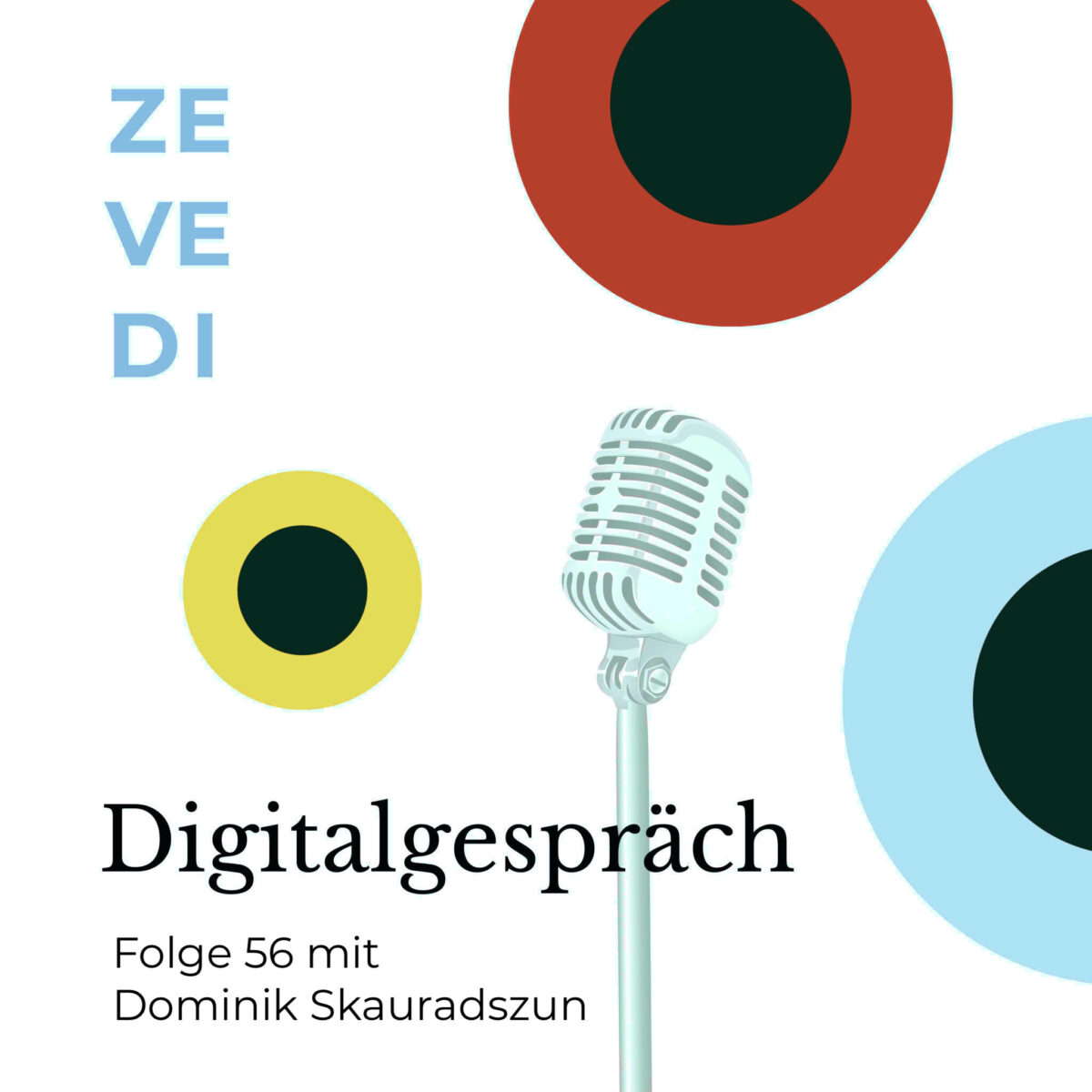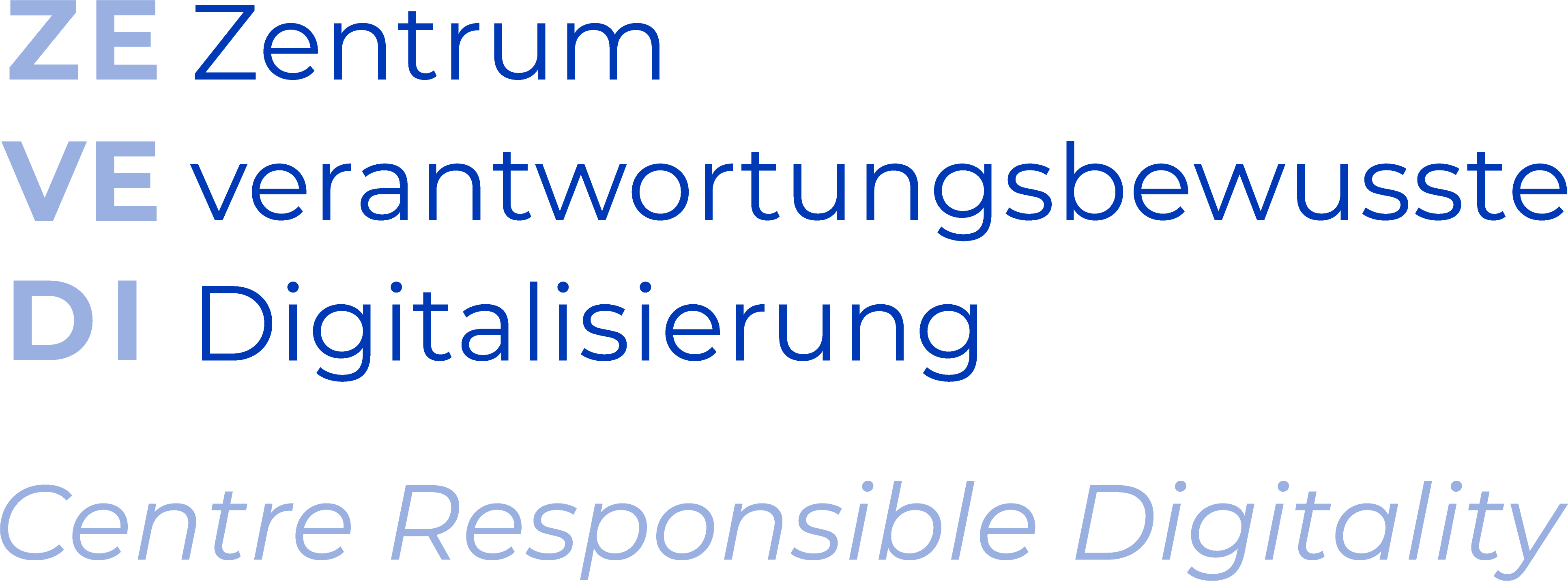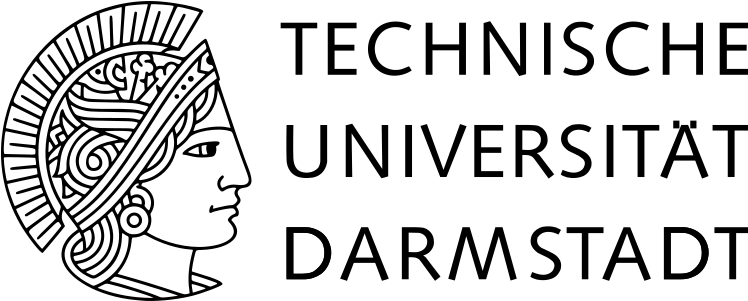
Major efforts are needed to protect the climate, both to reduce carbon dioxide emissions and to remove CO2 from the atmosphere. And even if the urgency of action is recognised in principle, targeted guidelines and incentives are needed to motivate companies to participate. One instrument that has been used for a number of years is CO2 certificates. This new construct has created a complex field of obligations and rules, voluntary commitments and international cooperation. Both public and private actors are involved. Not only is it difficult to keep track of, but the possibility of issuing, buying and selling certificates has created its own markets in which these certificates almost fulfil the function of securities. Whether they should be treated as such in the eyes of the law – i.e. regulated – has not yet been conclusively clarified.
One idea to make carbon trading easier and more trustworthy would be to use a blockchain. This step is possible, perhaps even obvious – in any case, it would make carbon trading cheap, fast and, presumably, transparent. The first examples of ‘tokenised carbon credits’ already exist. This new development is of interest not only to computer scientists, economists and companies, but also to the world of Law. What decisions are important here and why are international experts looking with interest at the European legal area and its efforts to regulate markets for crypto assets?
Dominik Skauradszun is a professor of civil law, civil procedure and corporate law at the University of Applied Sciences in Fulda and a judge at the Oberlandesgericht Frankfurt am Main. He also researches and teaches at the University of Bielefeld and Nottingham Trent University, and advises on procedures and institutions at national and EU level. In this episode of Digitalgespräch, the expert on the legal aspects of tokenisation explains what CO2 certificates are, what the differences are, what the markets for trading these certificates look like and which participants fulfil important functions. He will explain why blockchain is a suitable technical environment for this and what the consequences of this digitalisation step will be. Skauradszun discusses with hosts Marlene Görger and Petra Gehring which problems can be solved, which will remain, whether the high level of transparency in the transactions is an advantage or a disadvantage from a corporate perspective – and why it is necessary for lawyers to research the tokenisation of CO2 certificates.
Further informationen:
Link to Dominik Skauradszun’s profile on the Fulda University of Applied Sciences website: https://www.hs-fulda.de/wirtschaft/ueber-uns/professuren/details/person/prof-dr-dominik-skauradszun-llm-2-483/contactBox
all episodes of Digitalgespräch
The podcast is in German. At the moment there is no English version or transcript available.




